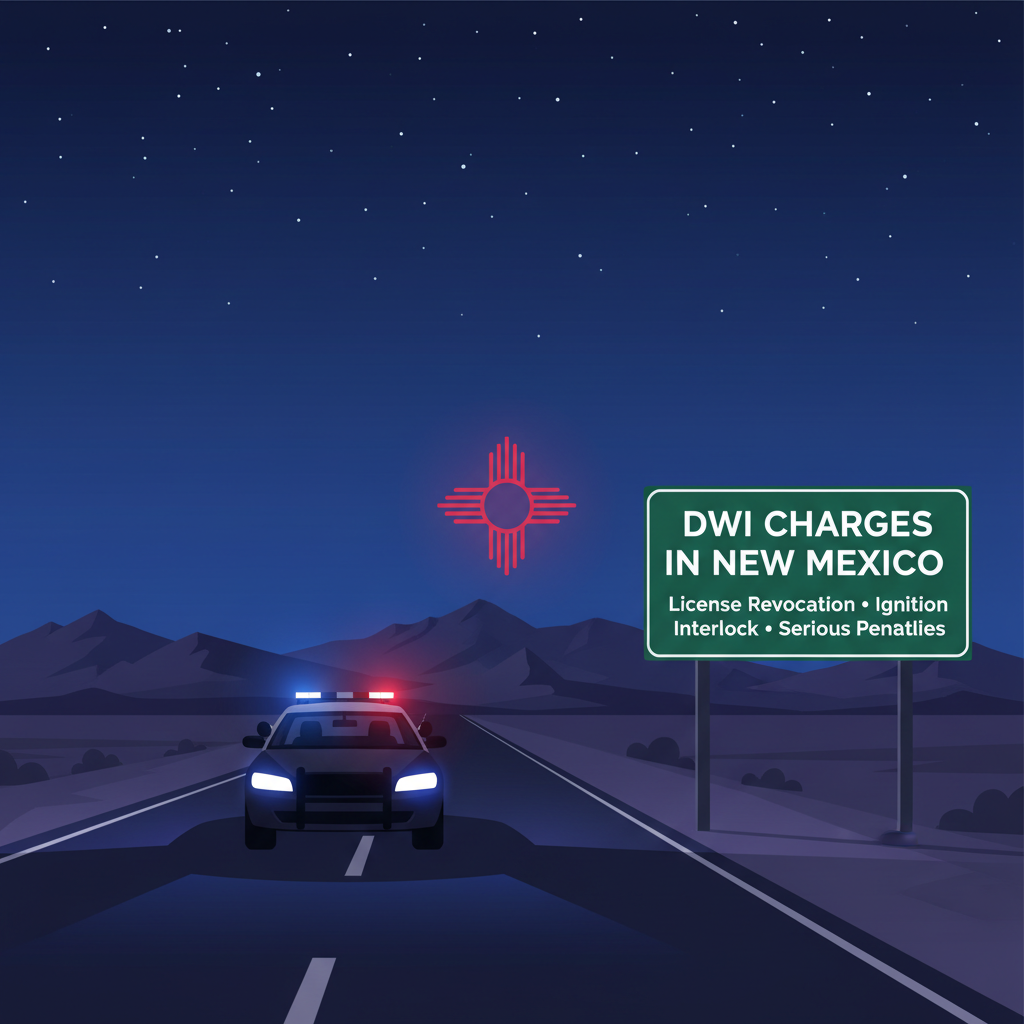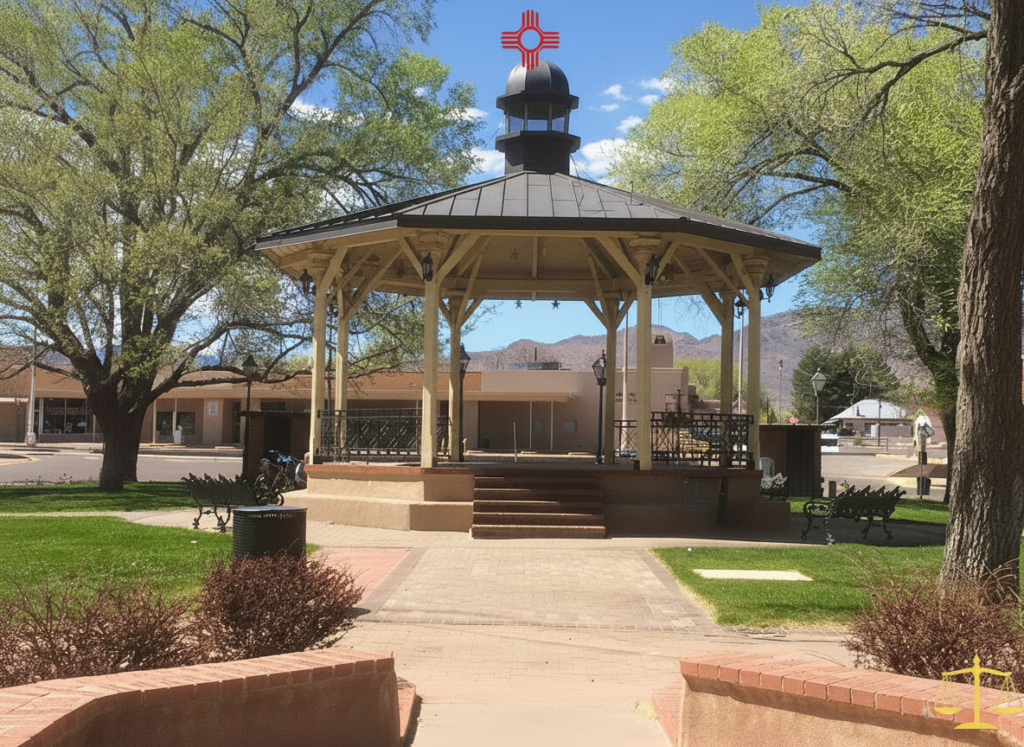Bail Reform: A Step Forward for Justice in New Mexico—and Beyond
Over the past decade, bail reform has been at the forefront of conversations about criminal justice in the United States. In my practice as a criminal defense attorney, I’ve witnessed firsthand how New Mexico’s approach to bail reform has not only impacted individual clients, but also fostered stronger, more equitable communities and promoted justice full stop. I think the result is an unequivocal success.
While the specifics of reform differ across states, the core lessons from New Mexico are universally valuable for all who seek to improve our justice system.
Striking Down Economic Barriers to Justice
Historically, the cash bail system meant that individuals arrested for nonviolent, low-level offenses could spend weeks or months in jail solely because they could not afford their release. They would scrounge and have loved ones take loans and desperately collect money. A judge at a first appearance would eyeball the criminal complaint, glance over a rap sheet and hear from two unprepared public servant lawyers to give an arbitrary number: a sum in US dollars that would block release. If the defendant could raise 10%, they could bring that cash to a bail bondsman who would pocket the money and “post” the bond. Then they would effectively disappear from the game doing basically nothing to provide services, counseling, or case management to their customers.
In New Mexico, changes to bail procedures prioritize risk assessment over financial means. A prosecutor has to choose to file a motion and then there is a very serious hearing before a District Court Judge where there is representation by counsel and a meaningful battle over the issue. The result is that we are closer to the goal that pretrial detention is reserved for those who pose a genuine threat to public safety—not for those who merely lack resources. This fundamental shift helps prevent the unnecessary hardships that pretrial incarceration inflicts, such as job loss, family disruption, and homelessness, which disproportionately affect marginalized communities.
Reinforcing the Presumption of Innocence and Promoting Equity
The bedrock principle of our justice system is the presumption of innocence. We simply cannot expect the government to make the choices about our most basic freedoms without real review and deep examination. Pretrial freedom should be the norm, not the exception. By reducing reliance on cash bail, New Mexico has enabled countless low-risk defendants to retain their livelihoods and family relationships while awaiting trial, instead of suffering under the weight of unwarranted detention. Defendants are better positioned to assist in their own defense and are less likely to plead guilty simply to secure their release.
Protecting Public Safety While Ensuring Accountability
One of the chief concerns raised about bail reform is its impact on community safety. In practice, New Mexico’s reforms show that releasing low-risk individuals before trial does not jeopardize public safety. Studies and local data continue to reveal that court appearance rates remain high and that serious offenses committed during the pretrial period are uncommon. By employing risk assessments rather than a one-size-fits-all cash bail system, judges can make more nuanced, informed decisions about who should be detained. Opponents never talk about the many times where a truly dangerous offender can marshal resources and pay a high bond… and then offend again!
Reducing Costs and Supporting Communities
The costs of unnecessary incarceration extend far beyond the individual. New Mexico’s reforms have led to notable savings in jail expenses, easing the financial load on local governments and taxpayers. These savings can be reinvested into community resources such as mental health support, substance abuse treatment, and job training programs—initiatives proven to help break the cycle of involvement with the justice system.
Lessons for Other States: A Path Forward
New Mexico’s experience is a model worth emulating. By prioritizing fairness, safety, and efficient use of resources, our state has taken meaningful steps toward a more just and effective system. We have enshrined these rights in our Constitution and have developed a sophisticated legal procedure to work out the question of release versus detention. These changes are not unique to New Mexico; they are relevant to any jurisdiction willing to address the injustices of cash bail and champion evidence-based pretrial practices.
As a criminal defense lawyer, it is my duty to advocate not just for my clients, but for systems that uphold true justice. Bail reform is working in New Mexico. Let’s continue sharing ideas, successes, and best practices to advance justice for all across the country. For truly our presumption of innocence is a gift from our founding fathers for all Americans!






